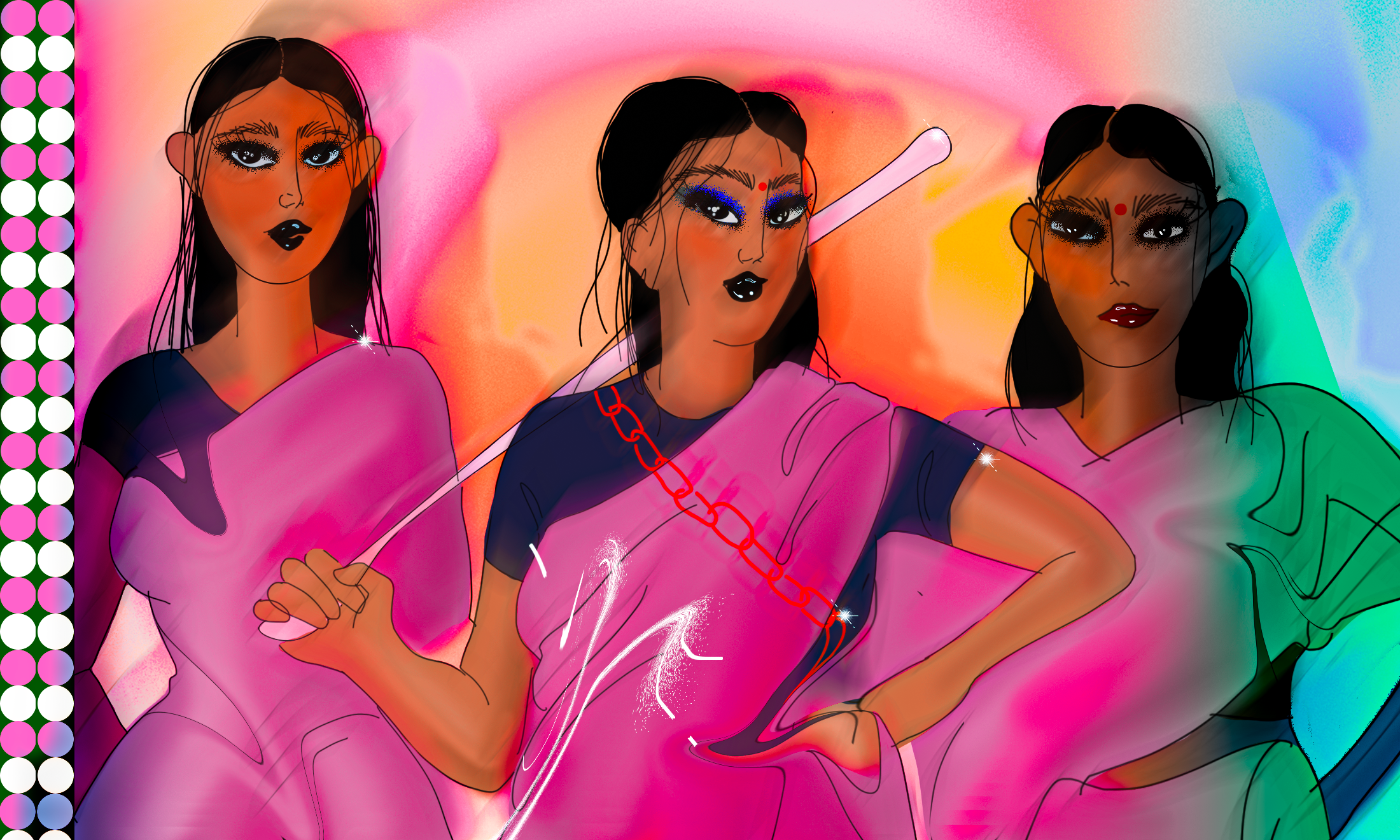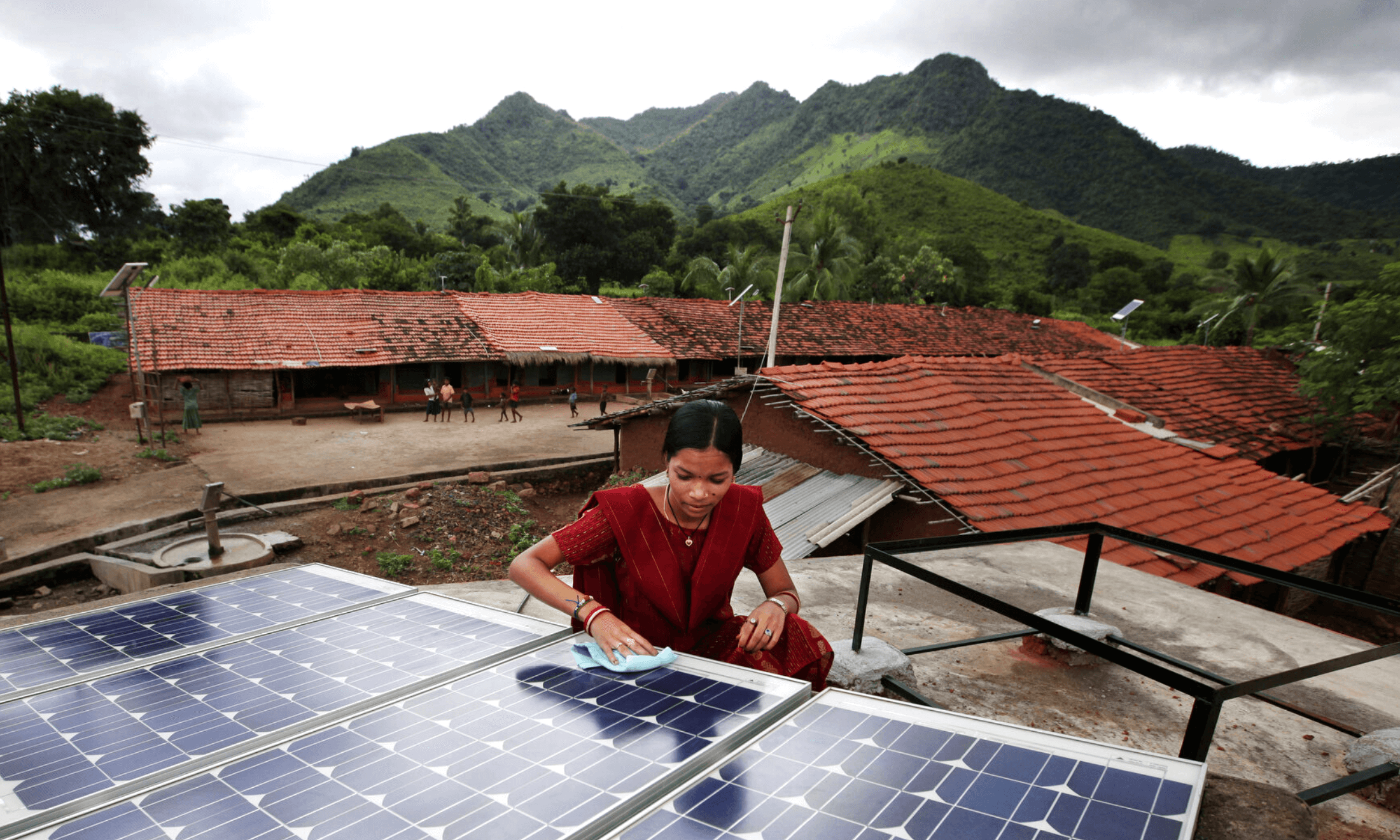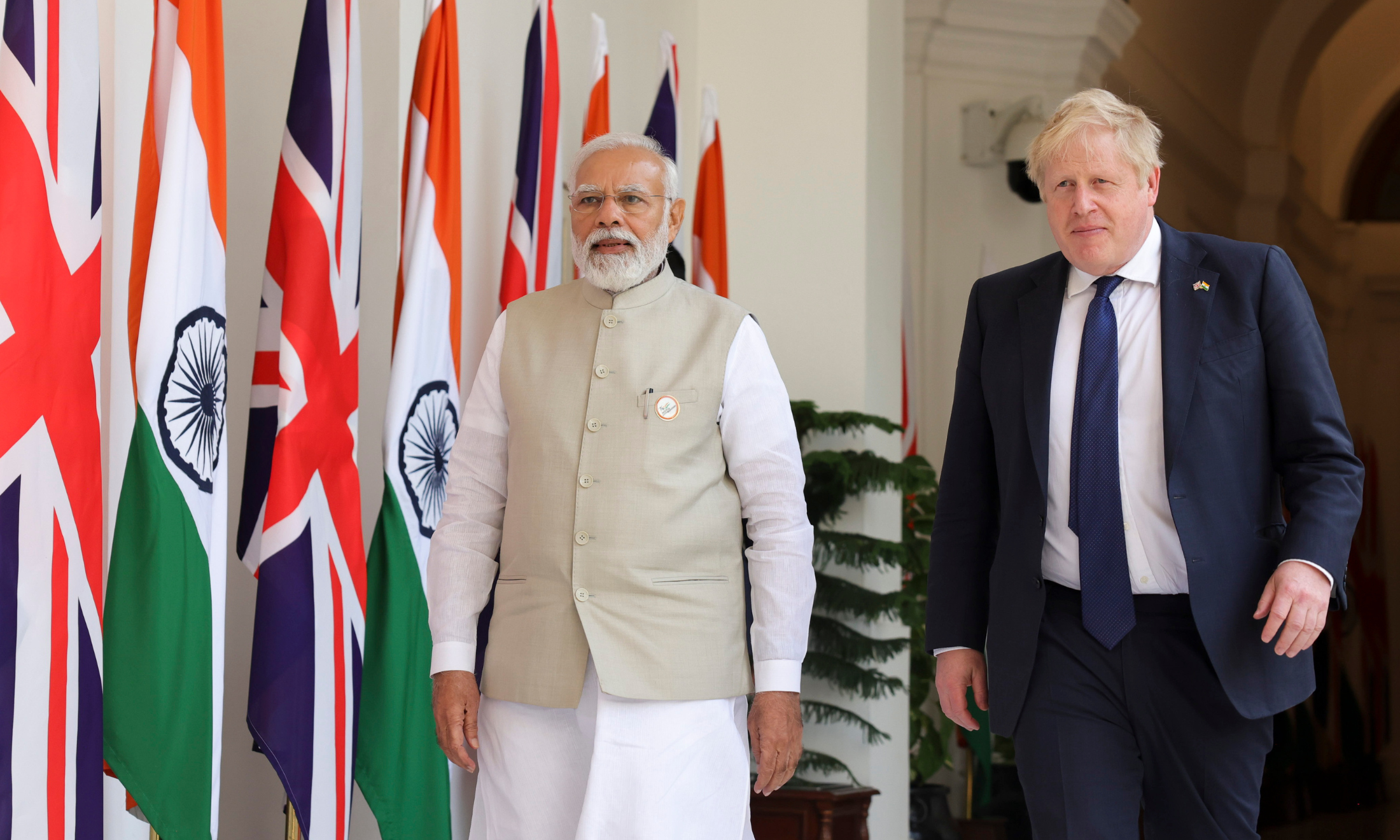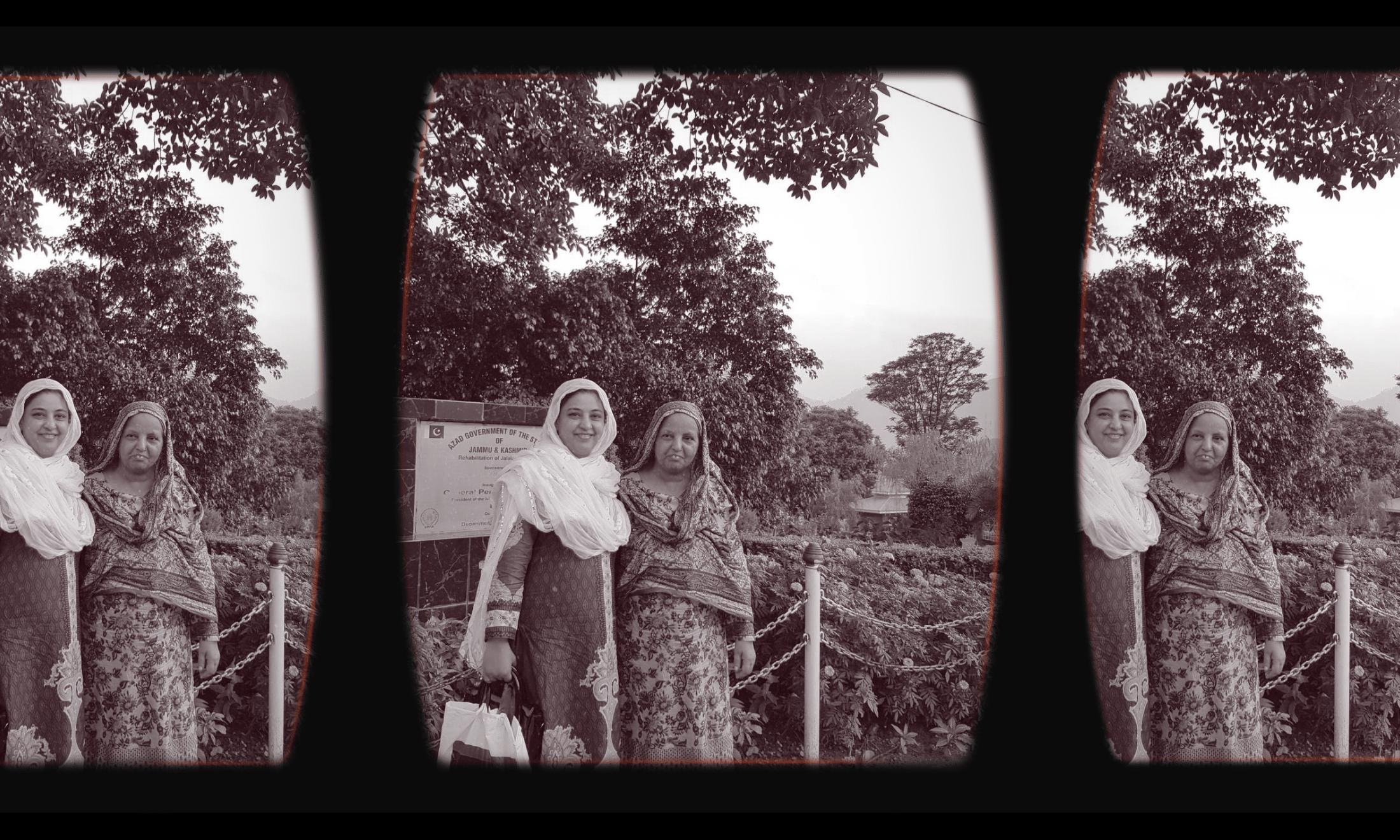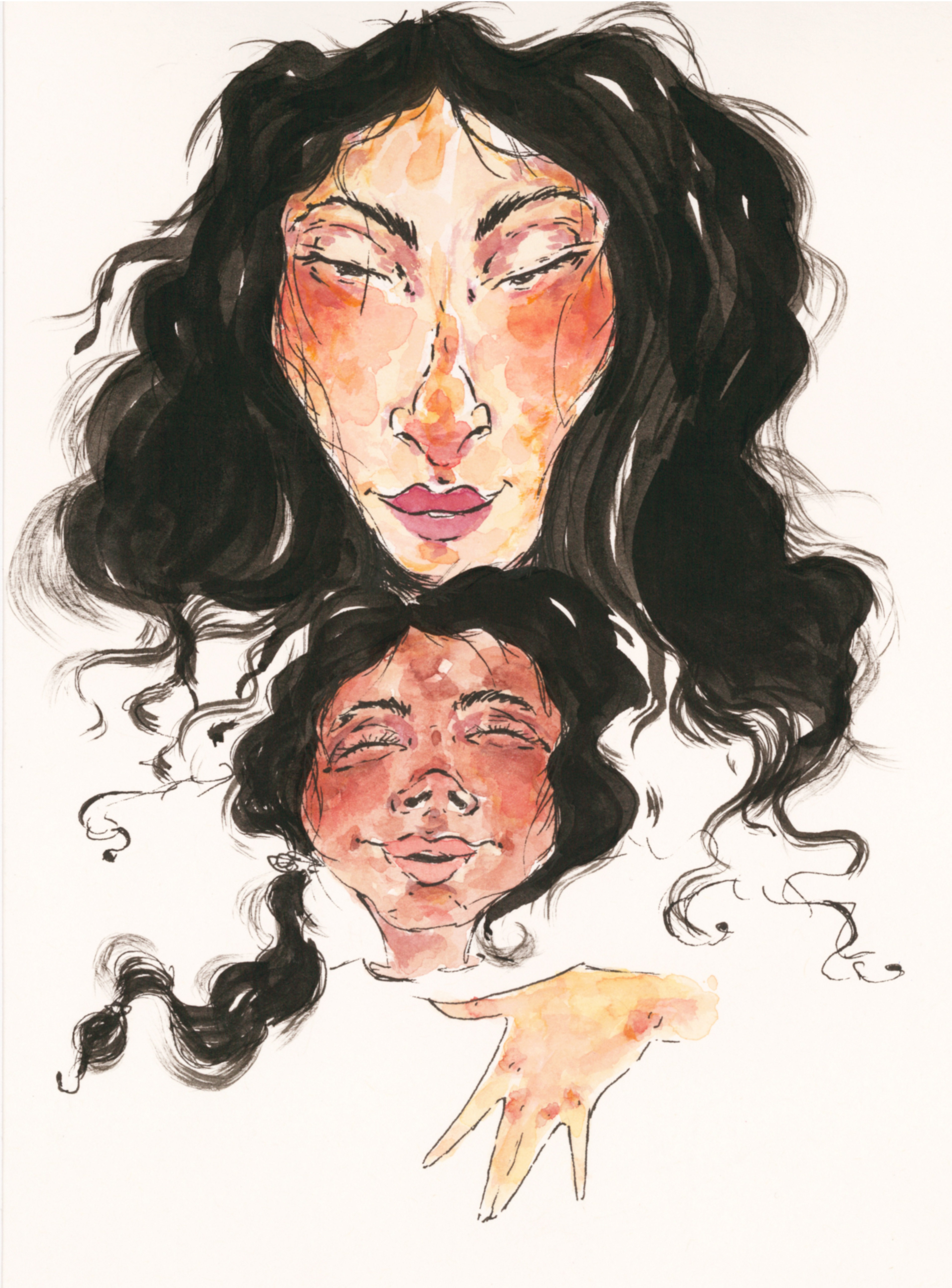
I have never been a winter person. I yearn for the rays of the sun and would pick them anytime over Christmas markets, snow, mulled wine and tinsel. Yet, I know summer is a difficult time for many women who have grown up “too dark”. I have grown up with light-skinned privilege within a brown community that upholds whiteness.
In her late teens my sister embraced her brownness and challenged those around her. As a young girl she had to stand up to grown women and defend herself. It was not until I saw this unfair treatment, and the deep effect it had on my sister, that I realised the absurdity of colourism within our community.
By the time I had my daughter, who is now three years old, I was much more aware of the prejudice faced by darker skinned women, and I wanted my daughter to grow up confident and celebrate her skin, just as her aunt had done in her teenage years. My sister will never really know how much I owe her for making me see beyond what I have been taught. Her courage in learning to love her own skin will have a profound effect on my darker skinned daughter’s life.
***
Before my daughter was even born I was made aware of the importance of her skin colour. During my pregnancy I was encouraged by concerned family members to drink more milk, so my child would be born fair skinned. When I take her on holidays to warm climates, I have been recommended to keep her in the shade and under hats.
Often these comments came from a place of concern rather than maliciousness; they came from family members who wanted the best for her. I grew up in a community that saw dark as ugly, as poor, as unwanted, which was reinforced by British popular culture and poverty porn styled charity adverts.
Only this week, I was shopping online at Morrisons when I came across a skin “brightening” cream and facial wash. Ayuuri Fairness Daily Cream sells itself as a natural beauty product: “Fair skin naturally. With bio-active botanical plant extracts. Enriched with turmeric, liquorice, papaya, goji berry & arjuna extracts. For blemishes, marks & pigmentation. No parabens, mineral oil or SLS. No artificial colours.”
“I cannot force her to defy this tradition of colourism that has become so deeply embedded in our world.”
When I do challenge family members on their beliefs, in that moment they may agree that light skin is not the only marker of beauty. But two weeks later I am having the same conversations with the same people. It is so deeply embedded in our community that un-teaching this way of thinking will not happen over the course of several conversations.
There are many people within the South Asian community who do not have internet or social media access, or will not be aware of the #unfairandlovely movement. The narrative needs to happen in our more mainstream media channels, too.
***
My daughter is wild, and she is fierce, and she is self assured, all the qualities that try me as her mother, but also give me the reassurance that she has the confidence to be herself when she becomes a woman.
And as her mother it rests with me to build her up and let her know her skin is as beautiful as the sun it reflect; that she is no less for being a reminder of her ancestors, that she too can choose how her beauty fits her. In fact I have raised my child to not shy away from the sun, we play outdoors, we wear shorts and sleeveless summer prints, and do not question her relationship with the sun. We embrace it.
But this too is problematic.
My role as a light skinned South Asian mother is to support my daughter in her decisions about her skin, to remind her of the beauty of it, but to know that I cannot fully understand the difficulties she will face from both within our community and wider society.
I know many mothers of darker skinned children who worry for them, but this does not mean I can impose on her my ideals of beauty. I cannot force her to defy this tradition of colourism that has become so deeply embedded in our world. It is a huge ask of just one little girl.
Since childhood I have witnessed friends teased for their complexions, friends who have avoided beaches in case they get darker, or who have been called too dark, and therefore ugly, at weddings. I am ashamed to admit that, when growing up, I too was part of this problem. As a child who was taught that dark is ugly, I too laughed when someone was teased – or partook in the name calling.
But what I can do is support her to navigate through a world where more skin lightening products are consumed in India than Coca-Cola? Where magazines are replacing Indian models with European ones? Where even phone filters seem to lighten skin complexions? When matrimonial columns constantly highlight the need for light skinned matches?
I know that she will be up against a world that will react to her based on her skin complexion. Therefore, it is my duty as her mother to give her the confidence and the never ending energy to stand against this, and naively hope that by the time she is an adult, colourism will no longer eat away like a cancer at our communities.
And in the meantime I need to check my privilege, I cannot, as a light skinned ally, tell other women how to love their bodies. As an ally I need to listen to my melanin magic sisters and hear what they have to say about their skin, how they want to make space in this world for their bodies.
For more on skin lightening, see gal-dem’s skin lightening series here

